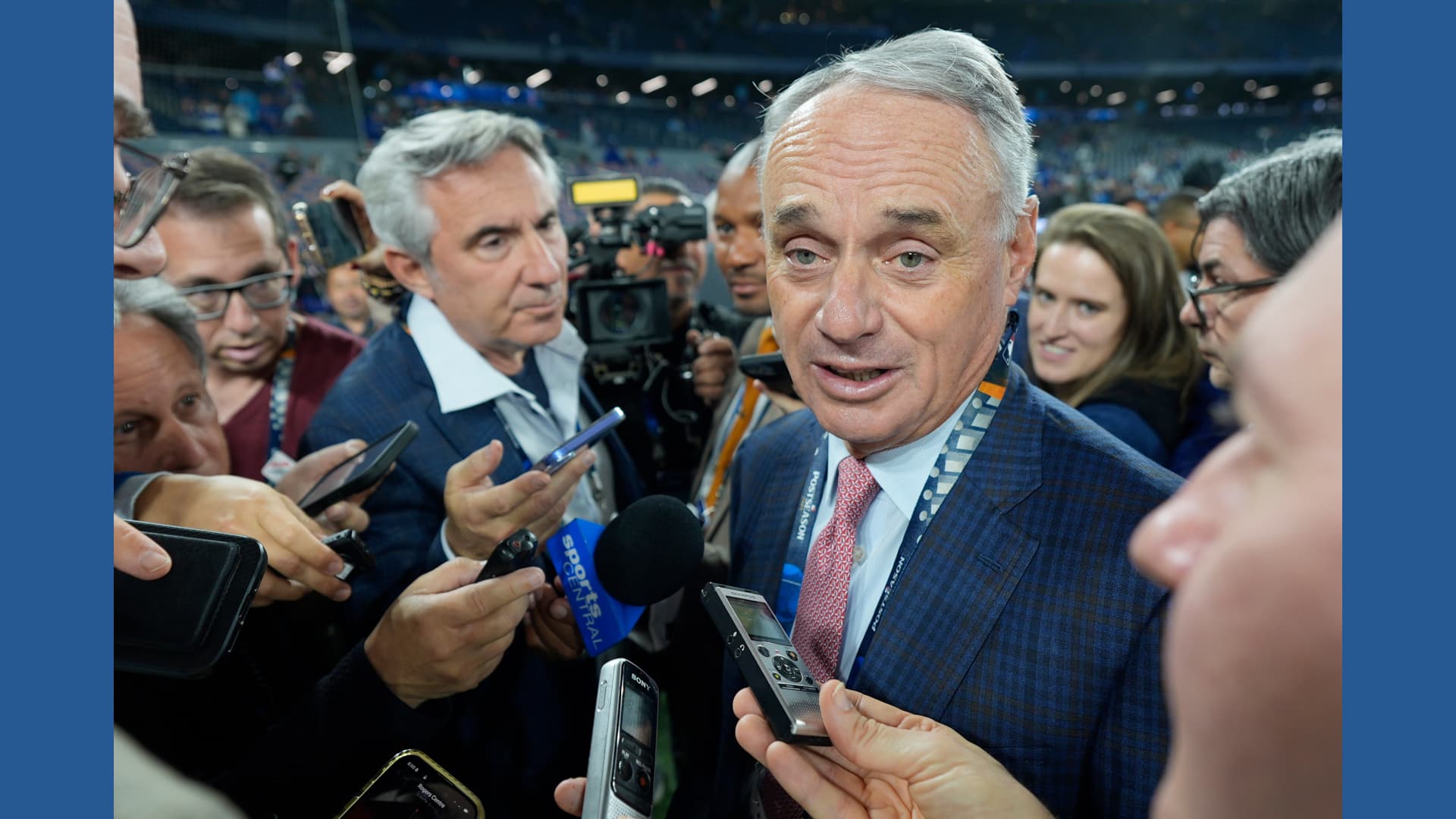Baylor Athletic Director Mack Rhoades Resigns, School Names Interim Management
Baylor University announced that athletic director Mack Rhoades resigned effective immediately, a week after taking a leave of absence for personal reasons, creating a sudden leadership gap at a pivotal moment for college athletics. The departure matters because Rhoades was a visible figure in national college football governance and his exit raises questions about institutional oversight, donor confidence, and the future direction of Baylor athletics.

Baylor University said Mack Rhoades resigned as athletic director on November 20, 2025, a week after he had taken a leave of absence for personal reasons. The announcement, made in a letter from President Linda Livingstone, did not elaborate on the specific reasons for the departure. The university said the decision was voluntary and added that existing senior staff would manage the athletics department on an interim basis while a search for a permanent successor is launched.
Rhoades, who had led Baylor's athletics department since 2016, stepped down earlier from his role as chairman of the College Football Playoff selection committee. During his tenure at Baylor he oversaw multiple athletic successes and major facilities projects, helping to raise the national profile of the university's sports programs and shepherding capital investments that have been central to recruiting and revenue strategies. Those achievements make his abrupt departure significant for stakeholders who had come to view departmental stability as integral to competitive momentum and financial planning.
The university disclosed that it had opened an internal inquiry into unspecified allegations prior to the resignation. Baylor stated that those allegations did not relate to Title IX, NCAA student athlete welfare, or the football program, but provided no further details. The lack of specificity in the university's statement, coupled with Rhoades's simultaneous departure from a national role in college football governance, is likely to prompt scrutiny from alumni, donors, conference partners, and media rights holders who watch leadership continuity closely as a barometer of program health.
The immediate implications are practical and financial. Athletic directors now oversee far more than scheduling and coaching hires. They are central to revenue generation through media deals, ticketing, and donor engagement, they navigate name image and likeness arrangements, and they manage the facilities that drive recruiting advantages. An abrupt leadership transition can slow decision making on capital projects, complicate negotiations with sponsors, and create uncertainty for coaches and recruits. For Baylor this comes at a time when collegiate athletics continue to evolve rapidly amid conference realignment and changing governance structures.
More broadly, Rhoades's resignation underscores an industry trend toward heightened scrutiny of athletic department leaders. Universities increasingly face pressure to demonstrate transparent governance and to resolve questions about conduct swiftly while protecting institutional reputations and athlete welfare. The episode will likely rekindle debates about how institutions balance confidentiality in personnel matters with the public's demand for accountability.
For the Baylor community the resignation is both a managerial challenge and a cultural moment. Athletic programs occupy an outsize place in campus identity and community life, and changes at the top can ripple through student experience and alumni relations. The interim management plan will be judged on its ability to reassure stakeholders and maintain operational continuity while a considered search for a successor proceeds.
As Baylor moves forward, the university will have to address immediate operational needs while also navigating the reputational and strategic consequences of losing a long tenured athletic director in the middle of a dynamic and often turbulent era for college sports.


